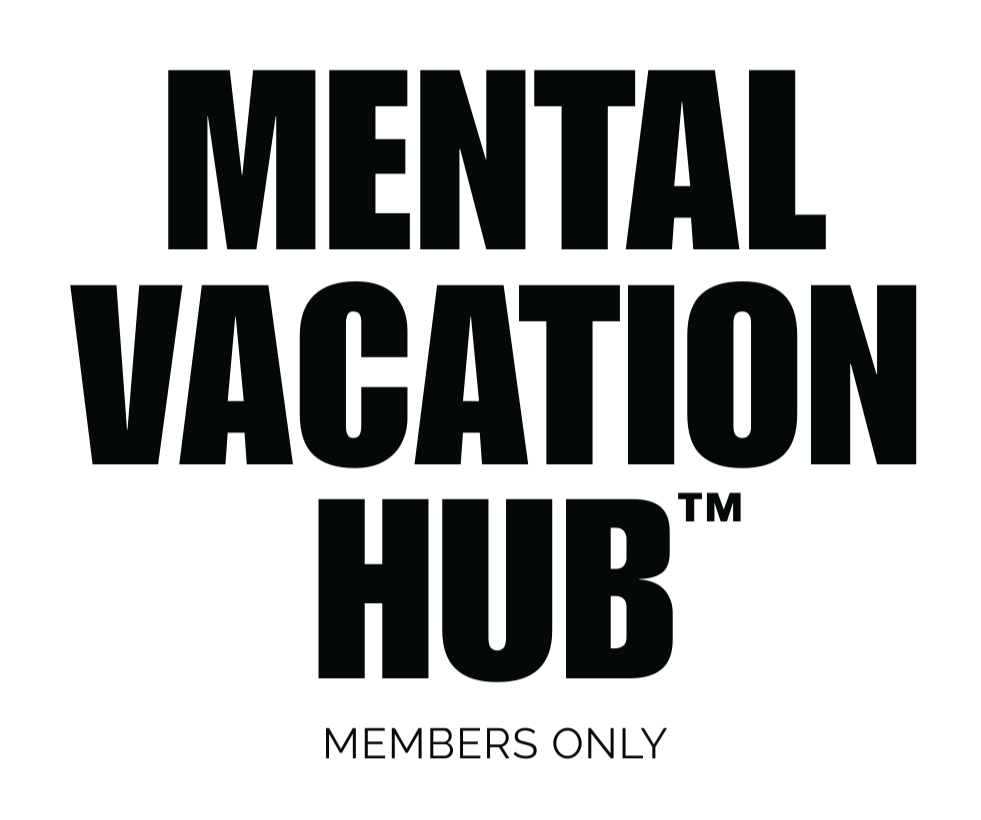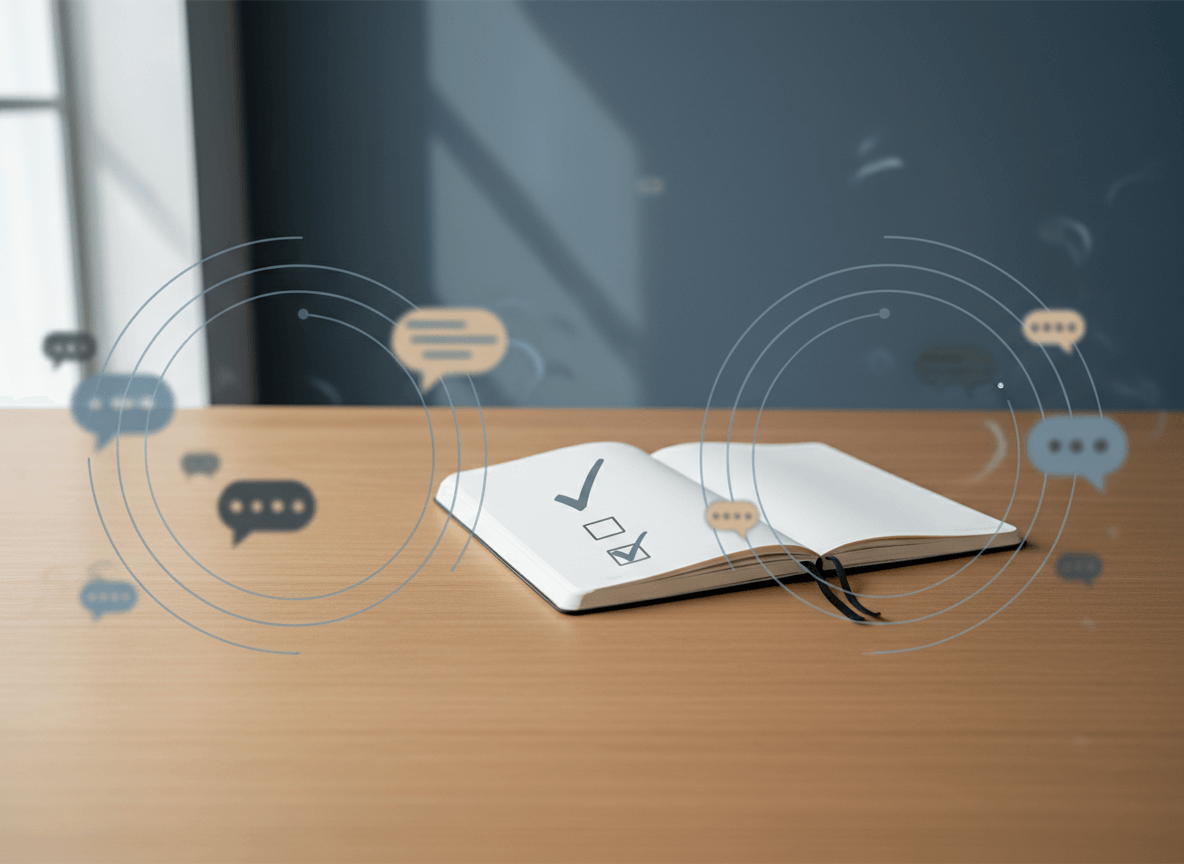When Do People Realize They’re Burned Out?
Most people do not realize they are burned out until their mind or body refuses to continue functioning the way it always has.
It rarely begins with a dramatic breakdown. Instead, it starts quietly, with subtle exhaustion, increasing forgetfulness, and a feeling that something invisible is pressing down on everything.
By the time the crash comes, burnout is no longer a phase of stress; it becomes a full shutdown of cognitive and emotional capacity.
I understand this too well because I have lived it.
Read more: My Experience With Burnout.
For more than a year, I had been functioning on autopilot. Work had to be done, and kids needed to be taken care of. After an important partnership fell through, leaving me utterly exhausted, I believed I was managing stress when, in reality, I was burning out.
The day I finally realized how deep it had gone was the day I could no longer think clearly, function normally, or trust my body’s reactions.
This article examines what happens when people recognize they are burned out, the physical and mental effects it has on the body and mind, and why this realization marks both a collapse and a new beginning.
1. The Long Descent Before the Crash
Burnout builds over months, sometimes years, through continuous overextension.
You keep pushing deadlines, saying yes to everything, and believing that recovery will happen later. At first, it feels manageable. You can still perform, even though your sleep shortens, your concentration fades, and your joy disappears.
That is the deceptive stage of burnout: the part where you are already burning out but still functioning well enough to ignore it.
I lived in that stage for over a year. My body was giving subtle signals: constant exhaustion, emotional numbness, and brain fog that seemed temporary. But I brushed them off as normal side effects of ambition.
Eventually, I began to feel a strange disconnection between what I wanted to do and what I was capable of doing.
It was as if my brain no longer belonged to me. I could not focus, remember, or plan. I thought rest would fix it, but rest did nothing.
That is how burnout grows unnoticed as it hides under your ability to perform until it is too late.
2. The Moment Everything Breaks
There comes a point when the body and mind simply stop cooperating.
For some, it appears as emotional collapse.
For others, like me, it begins with strange physical symptoms. I started experiencing extreme dizziness, daily panic attacks, and moments when my mind went blank in the middle of simple tasks.
These were not normal stress reactions - they were signs of a system that had gone far beyond its limits.
I began making errors that felt impossible for someone like me- forgetting key details, sending wrong messages, losing track of time. It was as if my brain’s organizing power had disappeared overnight. Each mistake deepened the panic, and each panic attack made thinking even harder.
This is often when people realize they are truly burned out.
It is not the tiredness that finally gets them; it is the collapse of cognitive function. You stop trusting your own brain. You start doubting your memory, your focus, and your competence. That loss of mental reliability is devastating for high performers because it feels like losing their identity.
When the crash happens, the illusion of control disappears.
You realize that no amount of willpower can override what your nervous system is demanding: a complete stop.
3. The Emotional Impact of Realizing You Are Burned Out
Recognizing burnout does not immediately bring relief.
For most people, it brings shame, confusion, and grief.
When your entire identity has been built around being capable, strong, and dependable, burnout feels like a personal failure.
I remember sitting in my office, unable to read a paragraph, wondering how I could ever return to normal.
The emotional weight of burnout realization can be overwhelming.
You start asking questions that shake your confidence: How did I let this happen? Why didn’t I notice sooner? What if I never recover? These questions create a spiral of guilt that makes healing even harder.
Yet that emotional pain is also the doorway to recovery.
It forces you to see how much of your worth has been tied to productivity. Burnout challenges your entire sense of self. It demands honesty about what you value, what you ignore, and what you sacrifice in the name of success.
In this stage, people often withdraw from others.
It feels safer to isolate than to explain something so invisible. The worst is when you try to explain that you are in a state that has made you powerless, unable to perform, but no one really gets you.
But isolation slows healing.
Real recovery starts when you begin to talk about it, when you admit that what you are feeling is not laziness, not weakness, but exhaustion at the deepest level of your system.
4. When Cognitive Functioning Starts to Fail
One of the most frightening aspects of severe burnout is how it affects cognitive functioning.
I could no longer read a page without losing track of what I had just read. I struggled to remember appointments, forgot simple words, and lost my ability to think in straight lines.
Once, I was late to a meeting with my business partner for 24 hours and 20 minutes. Embarrassing. It felt as if my brain was filled with static.
This stage is where burnout shifts from psychological to neurological.
The constant release of stress hormones over time affects attention, working memory, and decision-making. The prefrontal cortex—the part responsible for reasoning—becomes less active, while the body remains stuck in high alert. This means you cannot concentrate, even if you want to.
People often think they can rest for a weekend and come back clear-headed.
But cognitive burnout does not respond to short breaks. It requires long-term recalibration. Your nervous system must learn safety again before your brain can function normally. That is why many burned-out professionals describe recovery as learning how to think again, how to feel again, how to trust their own judgment again.
For me, it took about 6-7 months to get to that stage…
Understanding all this helps remove the shame.
It is not that you became careless or lazy. It is that your brain was protecting you from overload by shutting down non-essential functions.
5. The Turning Point: From Collapse to Clarity
Realizing you are burned out is devastating, but it is also the moment recovery becomes possible.
Before that, you are too busy denying or managing symptoms. After the crash, denial is no longer possible. The body takes control, and the only way forward is to listen. Utterly frustrating, but that is the reality.
At this point, most people discover that healing from burnout is not about returning to who they were.
It is about building a new way of being that does not rely on constant pressure. Recovery is not a straight line. It involves rest, recalibration, and a redefinition of what success means.
For me, the first steps were acceptance and slowing down.
I began to measure progress not by how much I could do, but by how present and grounded I felt. Small routines became anchors: walking without my phone, journaling in silence, breathing exercises, listening to my body before saying yes, and taking supplements to support cognitive functions.
Gradually, the fog began to lift.
If you realize you might be burned out, take that realization seriously.
It is not a weakness. It is information. It is your body’s way of saying that it can no longer sustain the way you have been living.
The crash marks the end of denial and the beginning of recovery.
6. What Real Recovery Feels Like
True recovery from severe burnout does not mean going back to your old productivity levels immediately.
It means learning balance and trust in your system again. You start recognizing the signs of overload earlier, creating boundaries around your energy, and prioritizing recovery as part of life, not as a reward for performance.
For many people, the first signs of healing appear in simple moments: the ability to read without zoning out, to feel joy without guilt, to wake up without panic. These are quiet victories that signal the nervous system is stabilizing.
Recovery also requires compassion for the person you were when you ignored the signs.
You did not fail; you adapted to survive. Now your task is to rebuild your foundation with awareness.
At Mental Vacation Hub, we call this the structured recovery phase: rebuilding clarity, energy, and emotional stability through consistent rest, reflection, and re-education of the nervous system. This phase turns burnout from a personal crisis into a long-term transformation.
When you realize you are burned out, you are not broken—you are beginning a deeper process of returning to yourself.
You May Also Like:
Ready to recover? Get Your Burnout SOS Handbook:

Burnout SOS Handbook: Practical steps to understand, survive, and recover from your burnout. Easy to follow - just right for a brain-fogged head. Start your healing today!
Take the Burnout Test
Our 5-minute Burnout Test cuts through the confusion and gives you a personalized snapshot of where you stand and what comes next.
Start the test →




